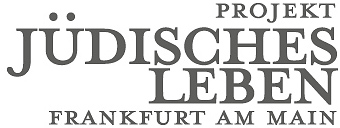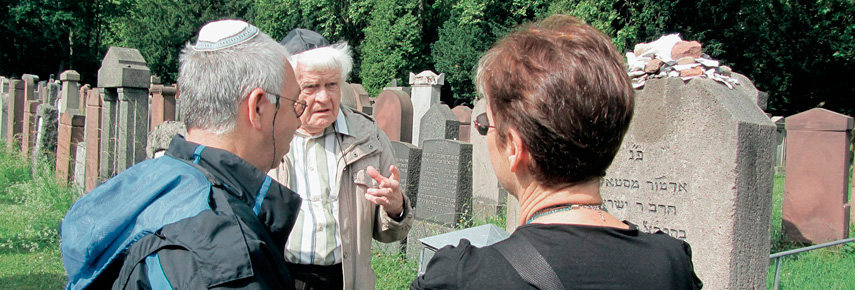Biographical notes to follow
Sources:
Rieber, A. (2004): Wir bleiben hier. Lebenswege Oberurseler Familien jüdischer HerkunftUllmann, H. (1965): Der Mut zur reinen Tat. Richard Ullmann, sein Leben und sein Werk, Bad Pyrmont • Hessisches Hauptstaatsarchiv Wiesbaden • Private information and documents by Christel Ullmann and Paul Richter
Research and text:
Angelika Rieber
Translation:
Emal Ghamsharick

